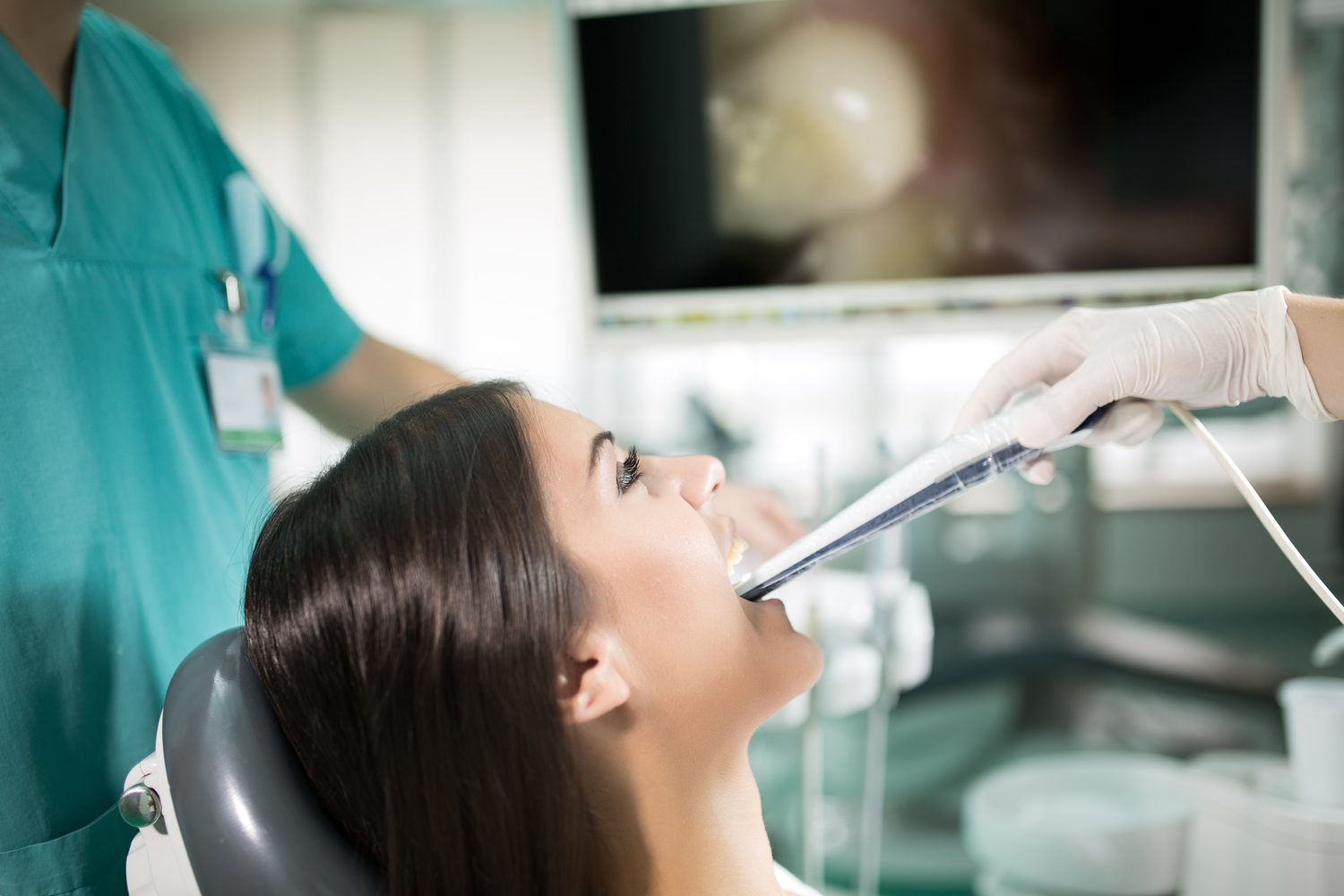
All You Need to Know About Oral Cancer Treatment
Aggressive growth of cancer cells inside or around the mouth area is called oral cancer. There are several risk factors associated with oral cancer. Chewing and smoking tobacco and excessive alcohol consumption is the main cause of it. Individuals infected with oral cancer are put through a series of test to diagnose the stage of cancer and further treatment methods for oral cancer is determined based on the diagnosis.
Stages of oral cancer
Oral cancer is categorized into four stages, and they are as follows:
- Stage 1
It is the beginning stage of oral cancer where the tumor measures 2 cms or less. In this stage the lymph nodes are safe. - Stage 2: Cancer at this stage is restricted to the top layer and hasn’t moved to lymph nodes. The size of the tumor grows between 2 and 4 cms.
- Stage 3
At this stage, there are possibilities of one or two lymph nodes being affected. The tumor size may become larger than 4 cms or may remain small while the infection has spread to lymph nodes. - Stage 4: Tumours may grow big or may retain the same size by infecting the nearby tissues, lymph nodes, and other organs.
The survival rate of oral cancer is roughly 5 years once diagnosed. Early diagnosis can result in a better survival rate. However, early diagnosis could be difficult as signs and symptoms of oral cancer do not show up easily at the early stages.
Treatment methods for oral cancer
Depending on the stage, the treatment methods for oral cancer is determined. They include
- Surgery
Removal of the tumor and cancerous lymph nodes along with healthy tissues surrounding the tumor requires surgery. - Chemotherapy
In this procedure, medications are given orally or through an intravenous line to treat patients affected by oral cancer. - Radiation therapy
The cancer cells are killed by aiming radiation beams at tumors once or twice a day for a couple of weeks. - Targeted therapy
In this procedure, medications are given to attack a particular protein of the cancer cells to eradicate the tumor’s growth.
Side effects of oral cancer treatment methods
The side effects of the treatment methods for oral cancer vary at different stages. Some of them are
- Post-surgery effects
Once the cancerous tumor has been removed, one might experience pain and swelling which could affect the chewing process and face difficulty in swallowing. In some cases, reconstructive surgery will be suggested to correct the structure of bones and tissues of the face post the removal of the tumor. - Radiation therapy
Though radiation therapy kills cancer cells it also causes some negative side effects on the patient’s body. Some of the side effects are - Losing the salivary gland and experiencing dry mouth.
- Nausea and vomiting
- Feeling soreness in mouth and throat
- Weight loss, Fatigueness
- Thyroid problems
- Skin and mouth infections
- Chemotherapy
The side effects of chemotherapy include - Soreness in mouth and gums
- Hair loss
- Diarrhea
- Loss of appetite
- Anemic
- Numbness in feet and hand
- Targeted Therapy
The side effects of targeted therapy are very less, which include - Fever
- Vomiting
- Headaches
- Skin Rashes
- Diarrhea


